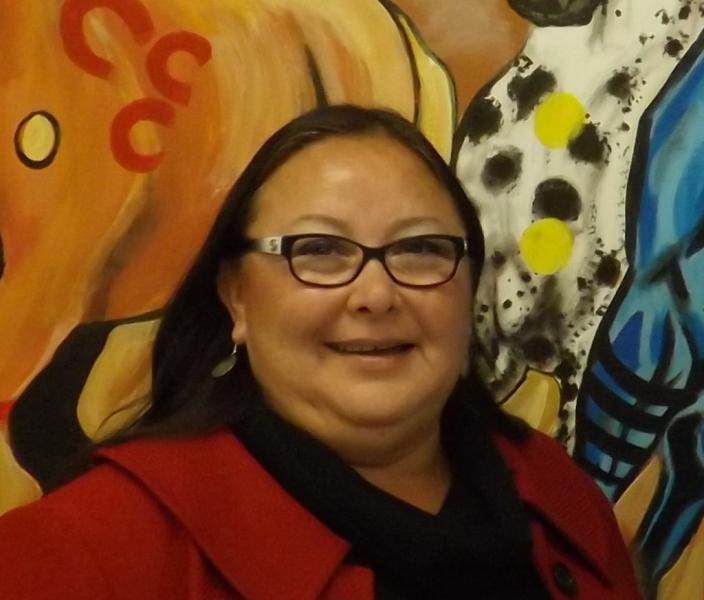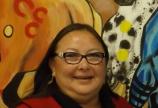Noted children's advocate seeks wider impacts
- Kim Westad

Carolyn Peacock has always been an advocate for children, even when she was one herself.
In grade three, she often went home with bloodied hands after getting the strap at the Edmonton school she attended. Her crime? Defending other children who were being bullied. Those children were usually immigrants and were picked on, as she too had been at school.
Peacock is Cree, a member of the Enoch Nation just outside Edmonton, and grew up with her grandparents in the city.
“I held my head high and wouldn’t cry,” Peacock, now 57, remembers. “I wouldn’t give the nuns the satisfaction of knowing they had hurt me because I didn’t think I was wrong.”
At the end of the year, she was given the award for best citizenship.
That resilience and sense of justice have followed her throughout her life, leading to a career in social work where she did precedent-setting work in the field of Indigenous adoptions.
Now Peacock has set her sights on teaching. She received one of the top marks in UVic’s social work master’s program this year and will graduate this June.
And she did this while working full-time and helping raise her 10 grandchildren, one of whom is severely autistic.
Peacock did much of her academic work via distance education, which UVic offers in several faculties. It allows students to do the majority of their studying in their communities.
Peacock worked on her masters while in Edmonton, where she was the executive director of the Yellowhead Tribal Services Agency and later in Hobbema, near Calgary, where she is the executive director of Kasohkowew Children’s Society on the Samson First Nation.
“I had to be very disciplined. I went to work, then came home and did housework and cooked supper for my family, and then I sat and studied.” Peacock said she had “wonderful family support” and was determined to finish her masters.
“I loved every minute of it. I can’t say enough about the UVic program. It was validating to learn that a lot of the practices and programs that I had developed were already best practice, that they were innovative, creative and culturally appropriate.”
One of the highlights of the UVic program was the respect and recognition of Indigenous knowledge, Peacock said.
“The things I know as an Indigenous person were recognized and written about. It was clear in the teaching that Indigenous knowledge is something we can learn from.”
At the June convocation, 24 of the 44 students being awarded their master’s in social work are Indigenous, as are several of the professors and the director of the School of Social Work.
Jacquie Green—also known by her Haisla name, Kundoqk—is the first Indigenous director of any school of social work in Canada.
“Carolyn has been pivotal with respect to support for First Nations child welfare across Canada,” Kundoqk said. And Peacock hopes to widen her impact even more by moving to a teaching role after convocation.
Peacock also hopes to see the number of Indigenous graduates from the UVic program increase, and to see the power structure in society become more balanced.
“For so long, so much was written about us, and not from us.”
A large group of Peacock’s family are coming out to UVic for this June’s ceremony, including grandchildren who have never been on a plane before. While they might be most excited about that, their grandma can’t wait for them to be on the university campus where Indigenous culture is welcomed.
“I hope for mutual respect between people of different cultures and I think that is happening more. That is what I loved most about UVic—that respect. It wasn’t my experience attending school before.”
——
More student stories from Spring convocation: http://ring.uvic.ca/news/congratulations-spring-2014-grads

